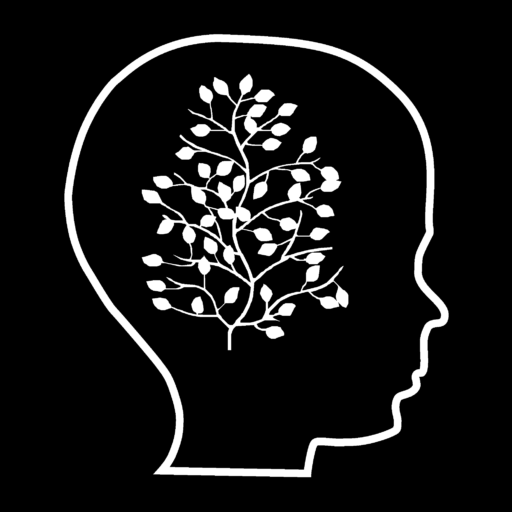30 April – 3 May 2018: Finding out how we’re doing as a school: We did our first standardized testing, over 2- or 3-hour slots on four days. We chose the Iowa Test of Basic Skills, covering language and math for the kindergarteners, and additional subjects for older students, up through science, social studies, and reference materials in grades 3-8.
Our students bore out our confidence in them and our confidence in our teachers. Before noting the scores, we note that we took no time during the year to “teach to the test.” Students had one short morning to practice the style of testing. We do not teach to the schedule of the topics that other schools follow (nominally), so that our students had not yet seen some topics, especially in social studies…while they are far advanced in other topics.
Seton Testing scored our students’ exams. Seton provided highly detailed breakdowns of results by areas within language, within math, and within subject areas. As we expected, students varied in strengths individually and relative to other students. Uniformity is not our focus; we help students work on all their areas, with their varying abilities.
Twenty-eight students took the tests. Thirteen of them scored in the 90th percentile or above on the cumulative or composite scores, with many scoring even in the 99th percentile in individual areas (41 subject-area scores out of 304). Averaged together, our students placed in the 82nd percentile for composite scores, while ranging from 48th to 99th percentiles. In language, they averaged in the 81st percentile; in math, the 84th percentile; in science, the 80th percentile; in social studies, the 74th percentile (here the order of topics came into play); in using sources of information, the 77th percentile.
How much of the fine performance is native talent — for which we as a school take only the credit of accepting students into a welcoming and supporting environment — and how much is very effective teaching? With one test session, or even a number of them, it’s not simple to tell. In any event, we do not use the tests to reward or punish individual students or individual teachers (and we saw no reason for this, in any event). We’re using these tests, future tests, and our own detailed records of student progress in the way that the tests should be used – to determine if we, as a school, are doing a good job. We use them to see where we may improve our teaching. We use them to see where individual students can use help. Evaluating the results this way, we agree wholeheartedly with the philosophy of Dr. Stephen Sanchez of the Las Cruces Public Schools. We will keep working to develop all our students’ talents; we see the results over the years and in their emotional and social growth.
A short note is well merited on our program in teaching the Mandarin language and Chinese culture. Extending the tradition begun by teacher Mei Dai, who moved to Phoenix, teacher Yulin Zhange got students enthused again. Three of them took the HSK exam, the official exam offered by the Chinese government for non-native speakers of high-school age. In listening and reading, they scored from 72% to 100%!

